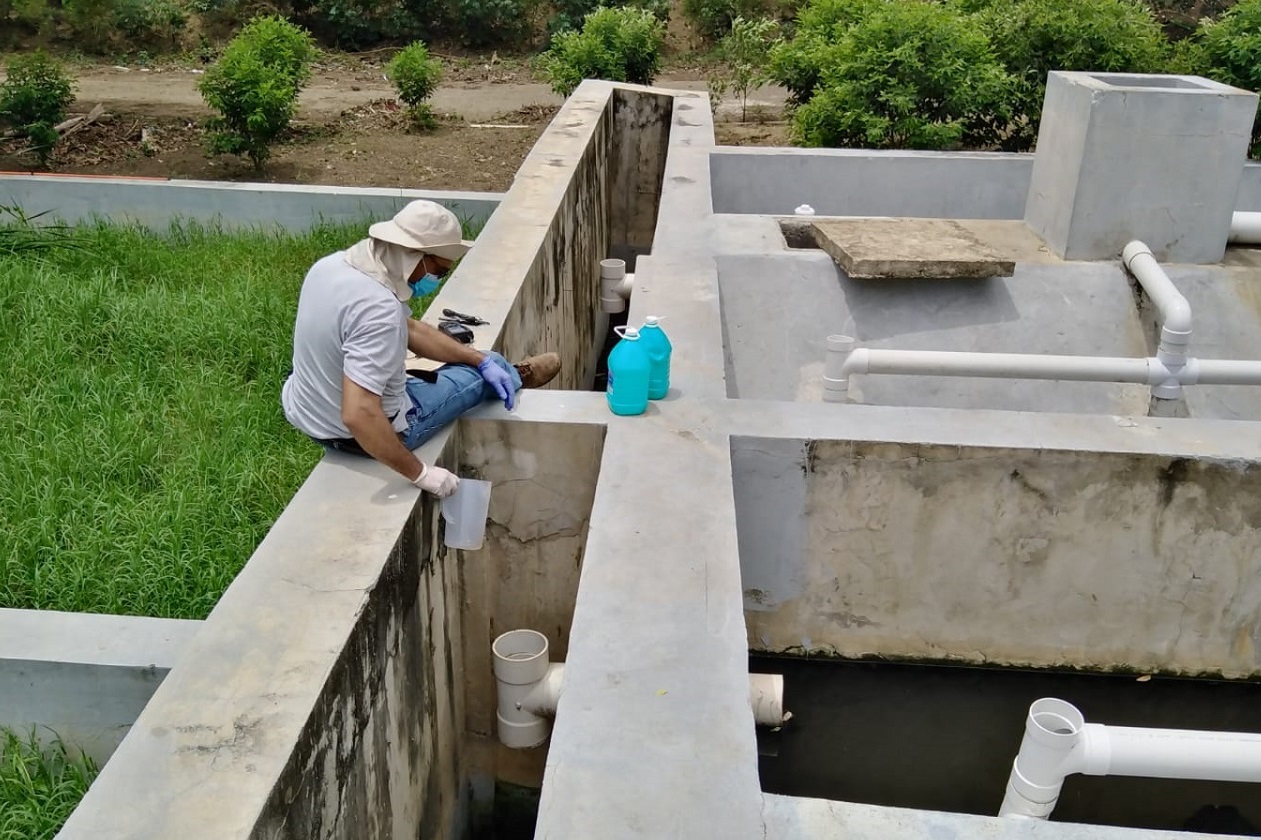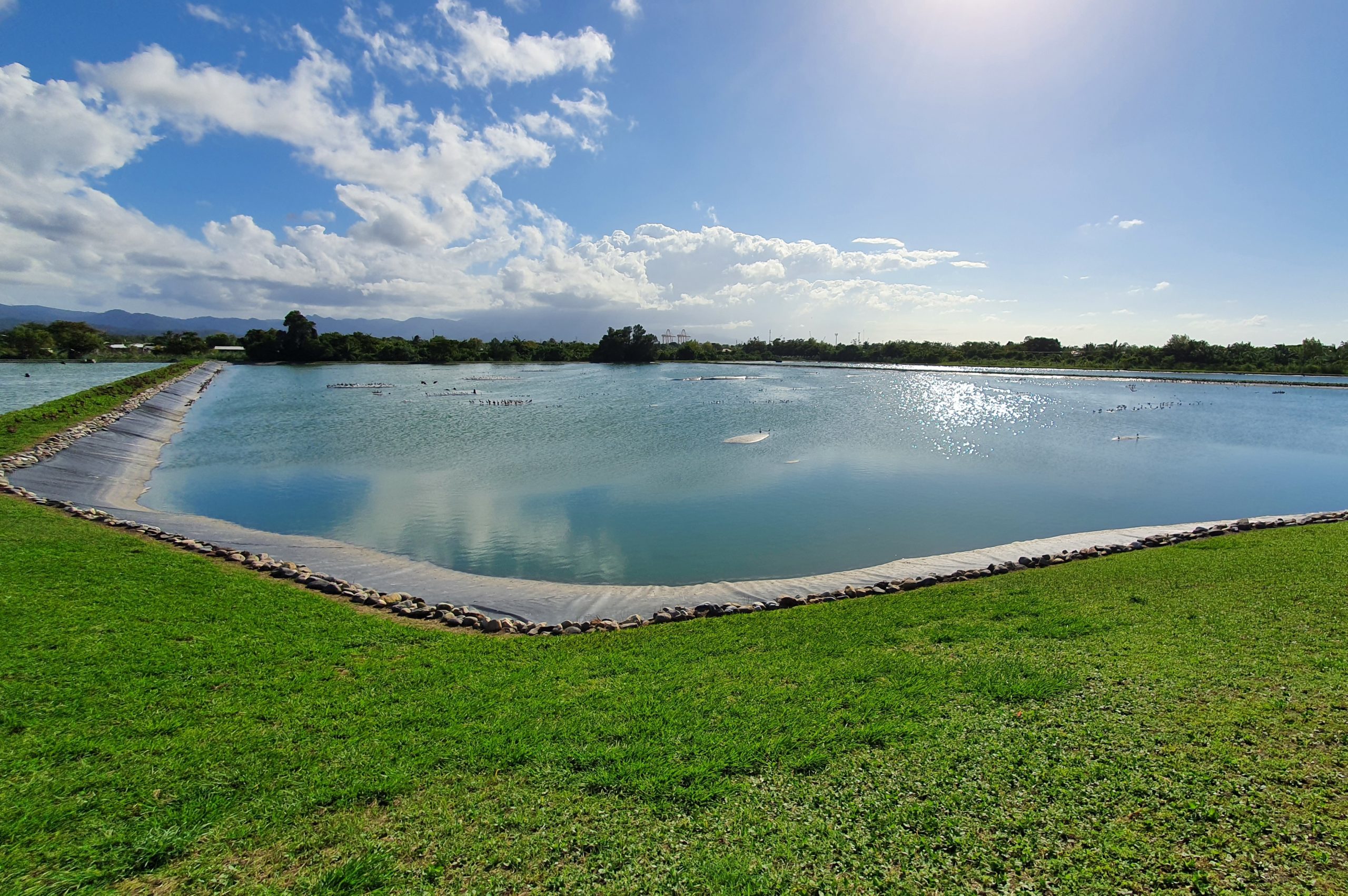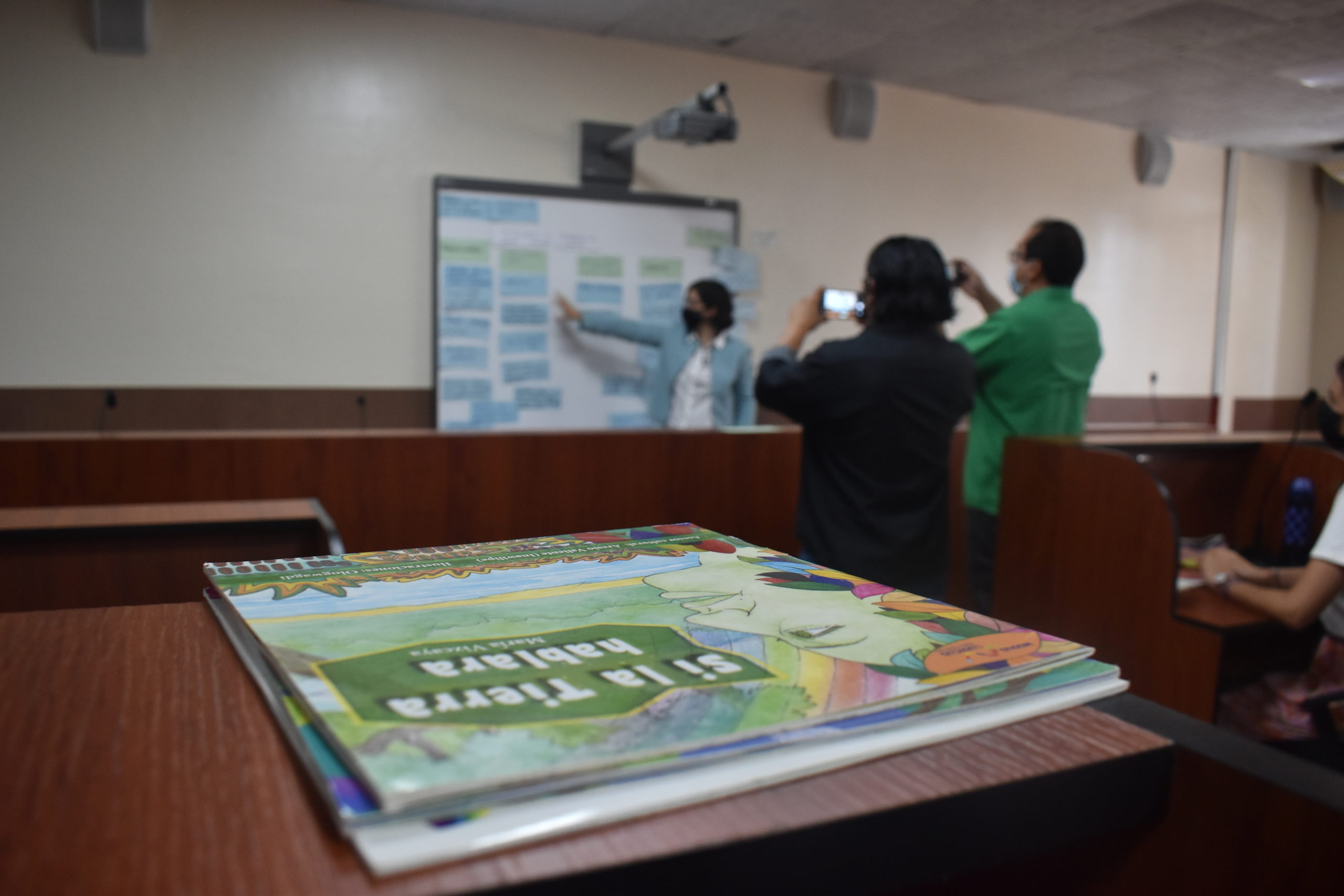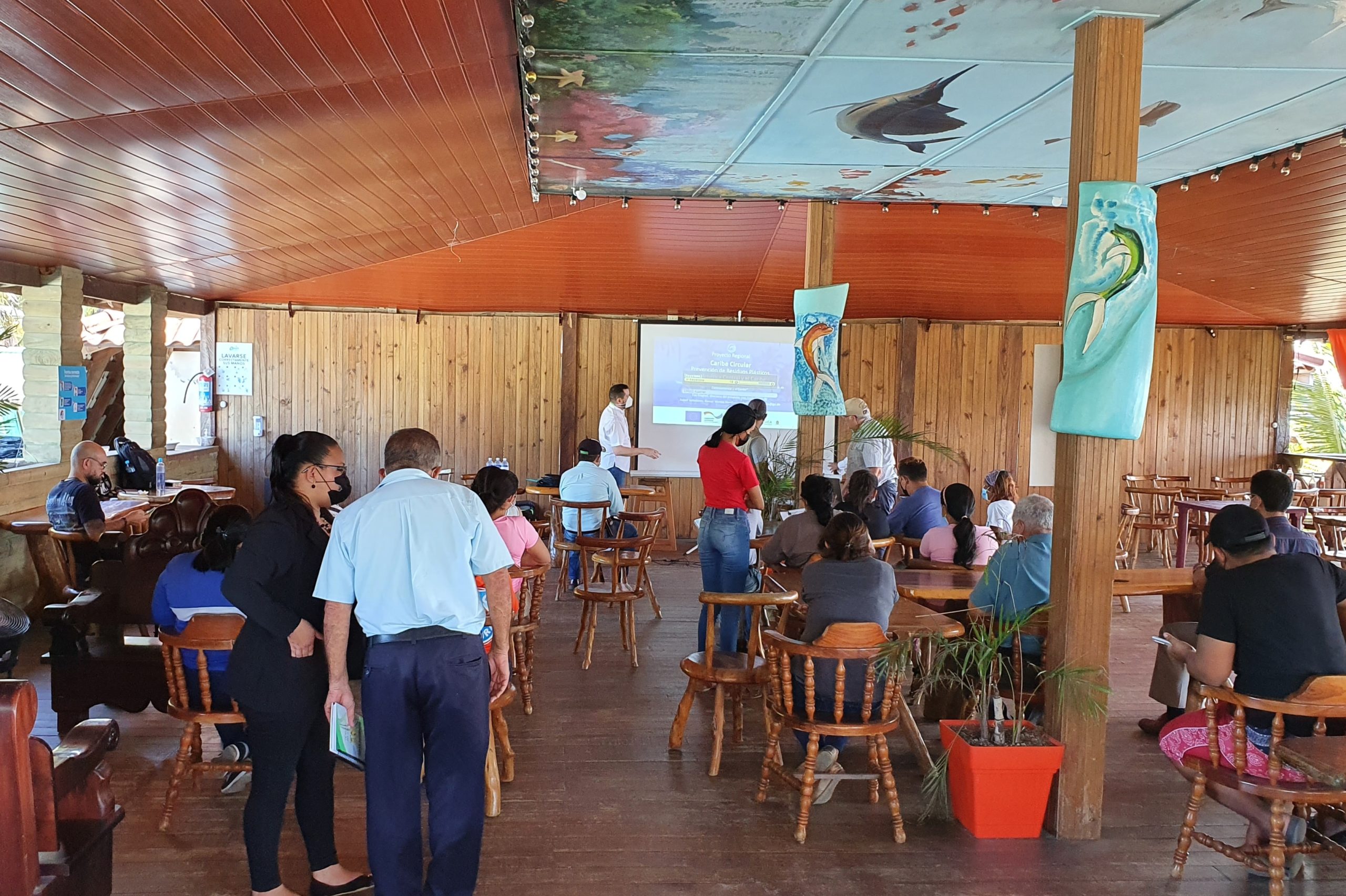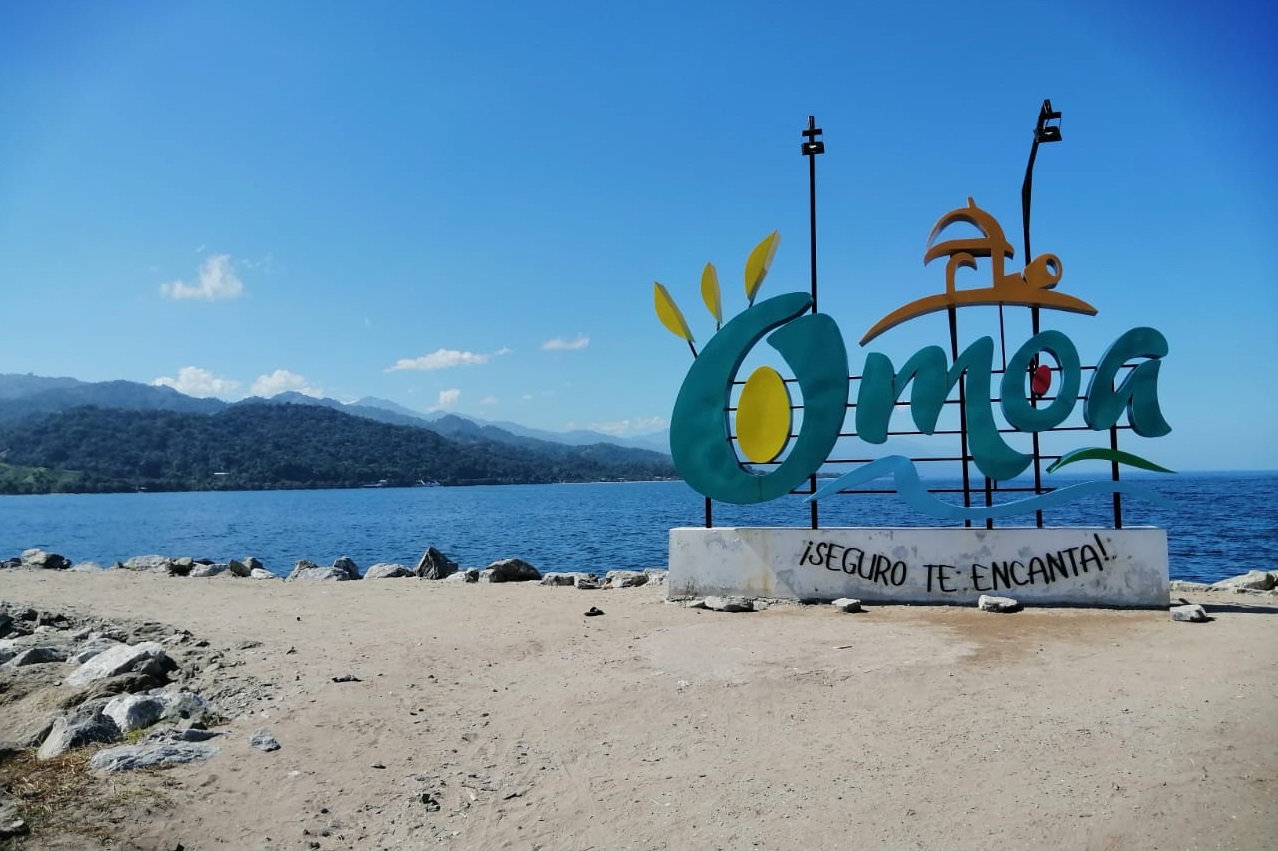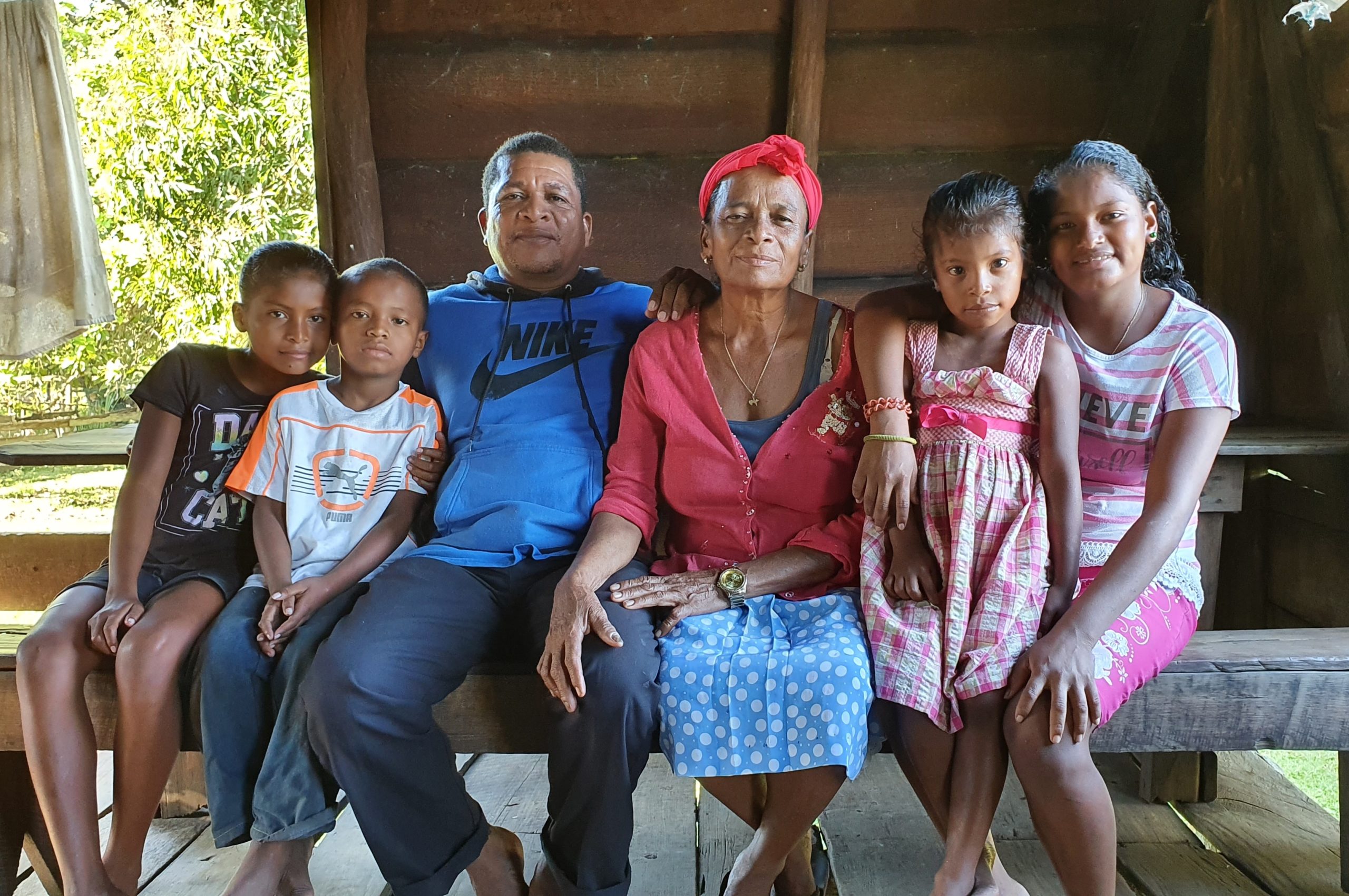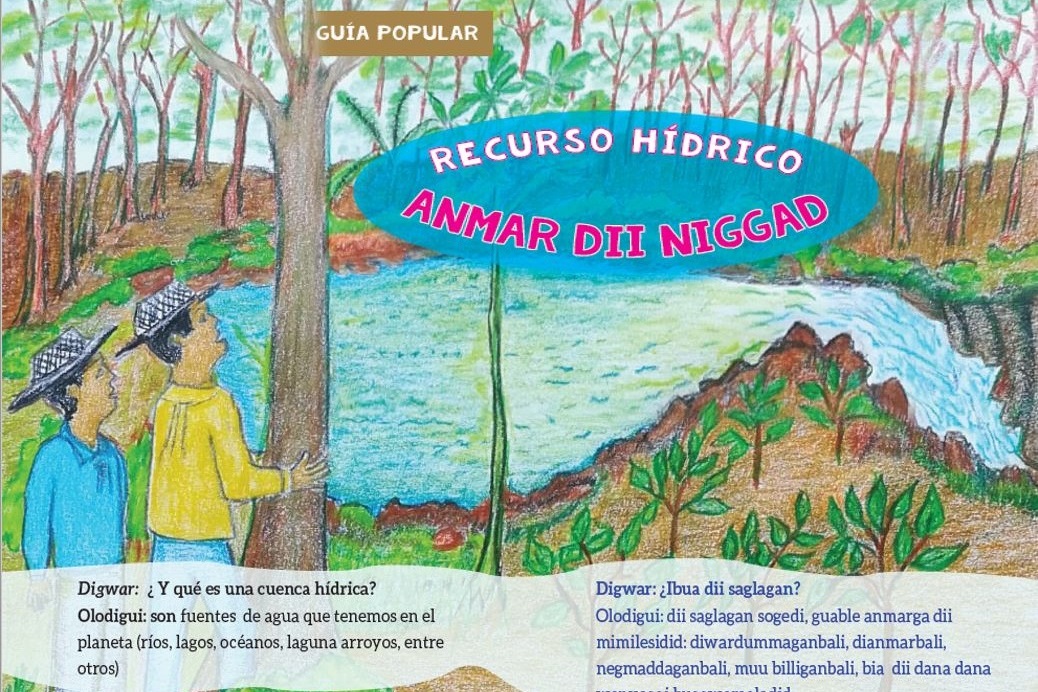CReW+
EXPLORE OUR PAST ACTIVITIES IN THE WIDER CARIBBEAN REGION
Wastewater and Faecal Sludge Management
Financing Mechanisms
Operation and Maintenance
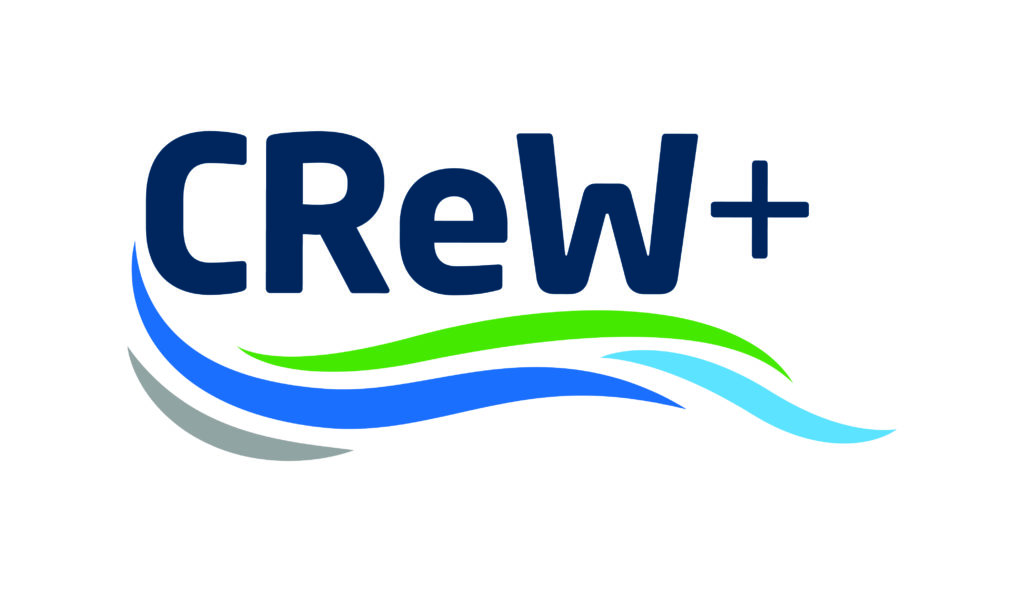
The Wider Caribbean Region faces multiple challenges in the wastewater and sanitation service provision. About 70% of the region’s population lack access to safely managed sanitation and hygiene. Approximately 80% of the wastewater is being discharged to the environment without any treatment as a result of weak legislative, political and regulatory frameworks and lacking financial means to maintain the infrastructure. This causes severe pollution of groundwater, soils, watersheds and ultimately the Caribbean Sea, thereby disrupting the natural water cycle.
GEF CReW+ is a partnership project funded by the Global Environment Facility (GEF) that is being co-implemented by the Inter-American Development Bank (IDB) and the United Nations Environment Programme (UNEP) in 18 countries of the Wider Caribbean Region (WCR). The concept was approved in November 2017. GEF CReW+ has been co-executed by the Deutsche Gesellschaft für Internationale Zusammenarbeit (GIZ) GmbH, the Organisation of the American States (OAS) and the Secretariat of the Cartagena Convention on behalf of the IDB and UNEP respectively.
The GEF CReW+ project provides solutions in the fields of policy, financing, technology, as well as communications and knowledge management to mitigate the effects of non-treated wastewater on the environment and public health.
Sanitation for Millions executed activities in eleven of the project countries as well as activities of regional scope until June 2023. For more details, see below.
In Belize, activities of GEF CRew+ included the development of a national sanitation policy, which proposed key elements for the establishment of a water pollution charging system based on the polluter pays principle, as well as an analysis of the pollution monitoring system and technical standards for septic tanks. Recommendations were made to reactivate and reform the use of the Belize Water Revolving Fund (BWRF) to improve sanitation at the local level. A technical baseline and analysis of wastewater treatment solutions in Caye Caulker and Orange Walk County were also undertaken.
In Colombia, GEF CReW+ completed an analysis of the legal and economic basis for tariff reform and infrastructure financing, and provided policy recommendations to promote reuse through compressive tariffs and incentive mechanisms. The project has also planned and elaborated a detailed design for the optimisation and reuse of water in San Antero de Cordoba. In October 2022, Sanitation for Millions launched a separate intervention in Colombia.
In Costa Rica, GEF CReW+ updated the National Water Plan and developed a National Plan for Integrated Water Resources Management to incorporate recommendations for the implementation of the new national policy. The project developed a technical-financial mechanism to facilitate access to financing for water and sanitation projects, conceptualised a consultation process with indigenous communities, and conducted a feasibility study for a wastewater treatment plant in ASADA La Fortuna.
In the Dominican Republic, GEF CReW+ contributed to updating the Environmental Standards for the Control of Wastewater Discharges, proposed a tariff structure and implementation plan for the sanitation sector, and created designs for the rehabilitatation of two wastewater treatment plants in Sabana Yegua and at the Universidad Autónoma de Santo Domingo, co-funded by the GIZ NEXUS programme.
In Guatemala, GEF CReW+ updated the National Guidelines for Watershed Management and ensured their proper application through the development of a capacity building toolbox and the design and delivery of training and workshops, both on-site and online.
In Honduras, GEF CReW+ completed the development of a marine coastal quality norm and an environmental vulnerability map for the Bay of Omoa, as well as recommendations for a municipal water and sanitation strategy. In addition, the programme supported the process of construction of 110 sanitation units in La Moskitia by the indigenous population.
In Jamaica, GEF CReW+ used a multi-stakeholder process to draft a National Policy for the Reuse of Treated Wastewater and its Implementation Plan, and developed a business plan for the reuse of treated effluent from a facility operated by the National Water Commission.
In Mexico, GEF CReW+ contributed to the protection of the karst system by updating relevant regulations and standards, developing recommendations for wastewater treatment plants on the Caribbean coast to comply with the new wastewater discharge norm, and developing and implementing a “Strategy to Strengthen Community Water Governance” in rural Quintana Roo. In addition, a study to identify financing sources and mechanisms for wastewater treatment plants in Quintana Roo and a pilot financing mechanism for community-based water and sanitation systems were developed.
In Panama, GEF CReW+ has developed two instruments to facilitate the implementation of Panamanian water and sanitation legislation in the community of Guna Yala, followed by capacity building activities in Guna, and further elaborated a consolidated technical draft of the Marine-Coastal Water Quality Standard. Through a participatory process, a proposal was developed for the development of a local financial management mechanism for budgeting in Isberyala/Sugdub.
In Suriname, GEF CReW+ has carried out a diagnosis for the implementation of Integrated Water Resources Management activities and developed a plan to address sustainable economic activities, sanitation and health risks related to water resources management and sanitation in the Nickerie district, as well as completed a baseline on public policies, regulatory gaps and planning processes in sanitation, and a capacity building programme in project formulation and evaluation.
In Trinidad and Tobago, GEF CReW+ developed the “Trinidad and Tobago Standard” for wastewater reuse in agriculture in line with the current water policy framework and international standards, which was accepted in a public consultation. The project also conducted a viability study for a pilot wastewater reuse project.
In addition to the GEF CReW+ activities in each country, the project carried out other regional activities. Direct thematic-regional exchange of project experiences took place to foster transboundary partnerships within the region. A Compendium of Sanitation Systems and Technologies, contextualised for the Wider Caribbean region, was developed to strengthen local WASH capacities and used as the basis for the development of a Massive Open Online Course. The project conducted a series of capacity building sessions on innovative, low-cost integrated water resources management involving relevant stakeholders from all 18 partner countries.
More Impressions
„For us, “WASH models that work” means simple, scalable and inclusive infrastructure and routines for safe sanitation and hygiene at public institutions.“
FRED NUWAGABA
OFFICER RESPONSIBLE FOR IMPLEMENTATION IN UGANDA
Project Countries
Sanitation for Millions is currently implementing activities in Jordan, Pakistan, Uganda and Colombia. Until 2023, Sanitation for Millions has also implemented activities with CReW+ in eleven countries of the Wider Caribbean Region. Explore our work on the country pages and learn how we improve access to safe sanitation and hygiene as well as wastewater management and reuse.


